Flybe: turbulence prompts a second nosedive
Airline’s latest collapse is a blow to ‘regional connectivity’
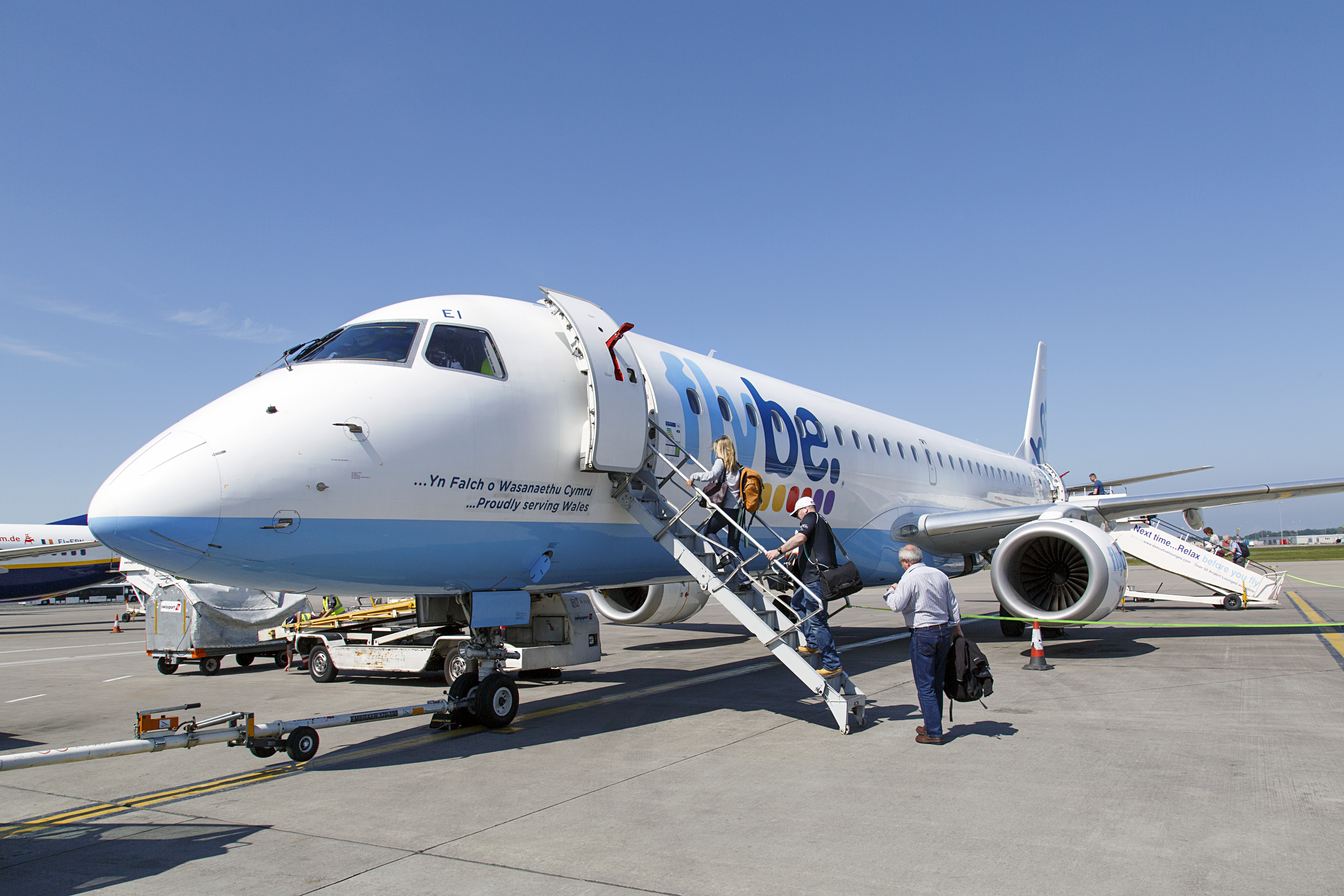
A free daily email with the biggest news stories of the day – and the best features from TheWeek.com
You are now subscribed
Your newsletter sign-up was successful
The first reaction was shock, said Sophie Zeldin-O’Neill in The Guardian. Some of those due to fly with Flybe, the UK regional airline that collapsed for the second time in three years last weekend, had booked tickets just hours before the news came through. “I got an email asking me to check in, and ten minutes later they had gone into administration,” said one passenger. Hundreds of others were left “stranded” and out-of-pocket at their outbound destination because the company wasn’t part of the Atol protection scheme.
Doubtless some 300 staff, now in limbo as administrators comb through the books, will sympathise with their plight, said Jon Yeomans in The Sunday Times. Yet it turns out that the writing was already on the wall. The Belfast- and Birmingham-based carrier, which was losing £5m a month, had begun looking for a buyer in October – just six months after it relaunched. The owner, the US hedge fund Cyrus Capital, is now listed as a creditor, along with several leasing firms. Ryanair has reportedly offered a lifeline to Flybe staff by setting up a fast-track recruitment process.
Flybe’s latest nosedive is a blow to “regional connectivity”, and thus the Government’s levelling-up agenda, said Ben Marlow in The Daily Telegraph. But the troubles of smaller European carriers – Norway’s Flyr is the latest to face “permanent grounding” – are a boon to larger competitors such as easyJet and Ryanair. Reduced competition is rarely good for any market. But in UK aviation, where ticket prices rose by an eye-popping 44.1% last year, the growing “stranglehold” is particularly grim. For now, passengers seem willing to put up with it: Ryanair is on course for record profits this year. “At some point, though, a backlash seems inevitable.”
The Week
Escape your echo chamber. Get the facts behind the news, plus analysis from multiple perspectives.

Sign up for The Week's Free Newsletters
From our morning news briefing to a weekly Good News Newsletter, get the best of The Week delivered directly to your inbox.
From our morning news briefing to a weekly Good News Newsletter, get the best of The Week delivered directly to your inbox.
A free daily email with the biggest news stories of the day – and the best features from TheWeek.com
-
 6 exquisite homes with vast acreage
6 exquisite homes with vast acreageFeature Featuring an off-the-grid contemporary home in New Mexico and lakefront farmhouse in Massachusetts
-
 Film reviews: ‘Wuthering Heights,’ ‘Good Luck, Have Fun, Don’t Die,’ and ‘Sirat’
Film reviews: ‘Wuthering Heights,’ ‘Good Luck, Have Fun, Don’t Die,’ and ‘Sirat’Feature An inconvenient love torments a would-be couple, a gonzo time traveler seeks to save humanity from AI, and a father’s desperate search goes deeply sideways
-
 Political cartoons for February 16
Political cartoons for February 16Cartoons Monday’s political cartoons include President's Day, a valentine from the Epstein files, and more
-
 Toxic fumes on airplanes might be making you sick
Toxic fumes on airplanes might be making you sickUnder the Radar Aircraft manufacturers have allegedly downplayed the risks
-
 Air India crash highlights a new problem for Boeing: the Dreamliner
Air India crash highlights a new problem for Boeing: the DreamlinerIn the Spotlight The 787 had never been in a fatal crash before
-
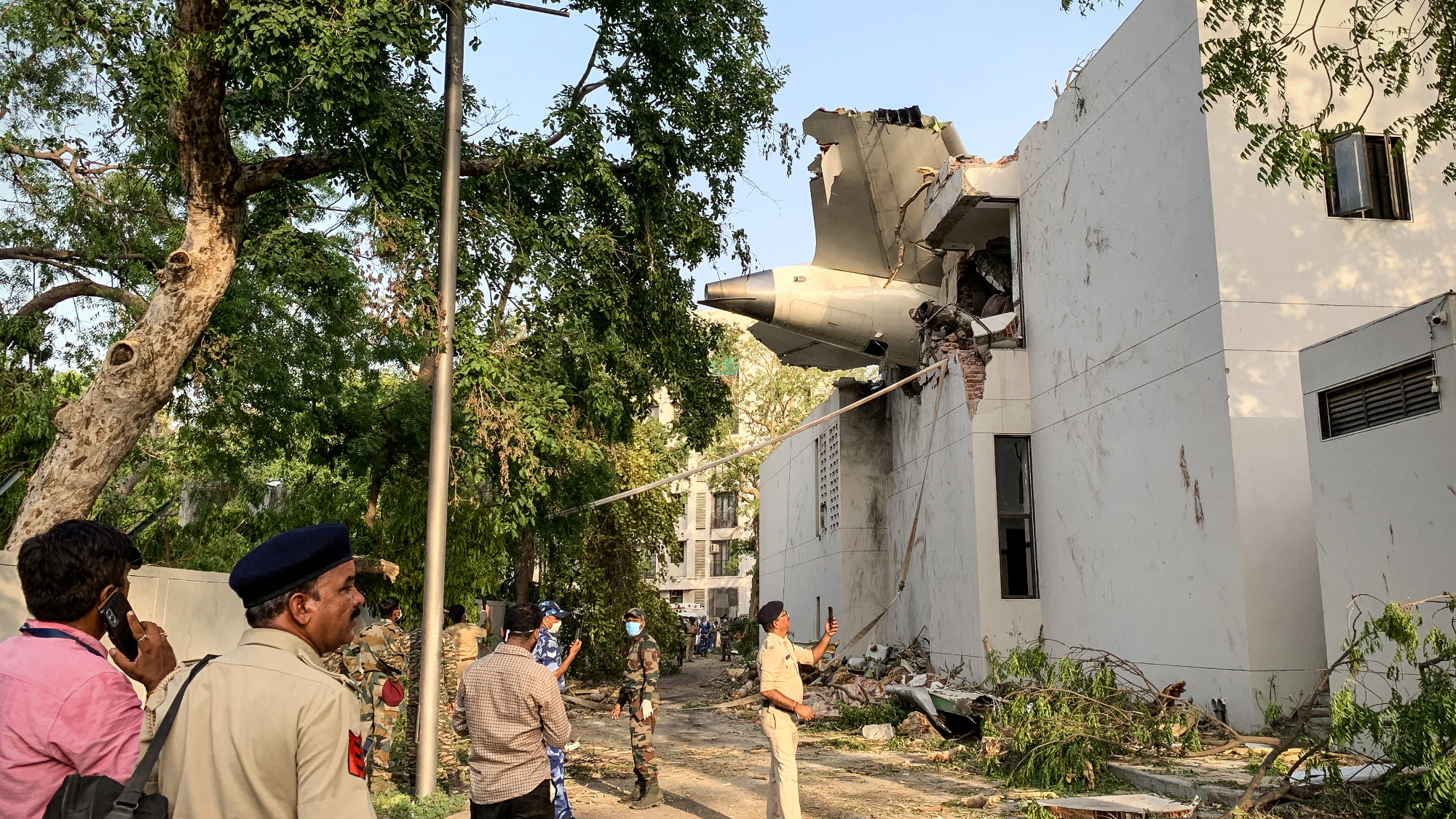 Hundreds die in Air India crash with 1 survivor
Hundreds die in Air India crash with 1 survivorSpeed Read The London-bound Air India Boeing 787 Dreamliner crashed soon after takeoff
-
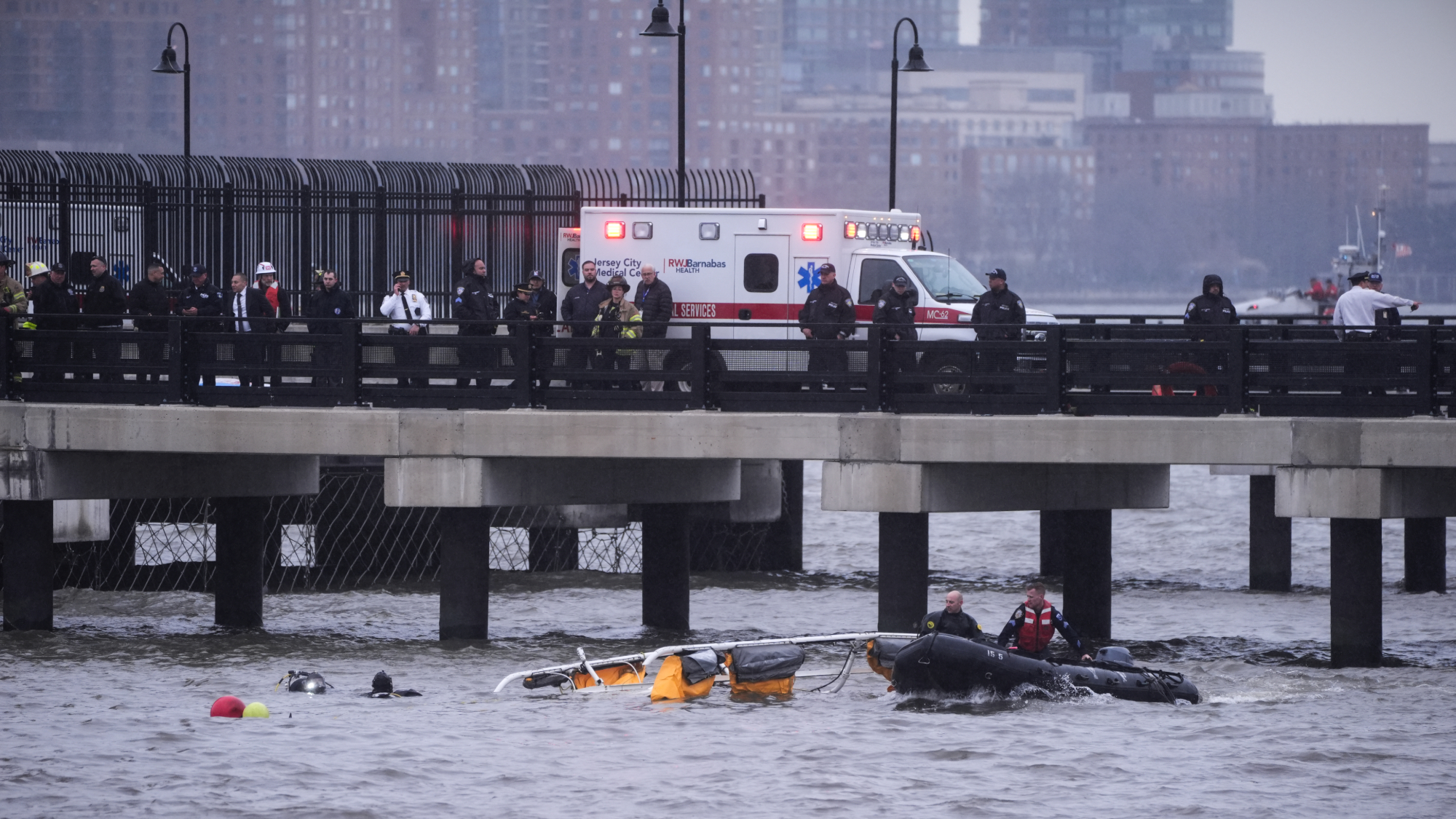 New York helicopter crash kills family, pilot
New York helicopter crash kills family, pilotspeed read A sightseeing helicopter crashed into the Hudson River, killing a family of Spanish tourists
-
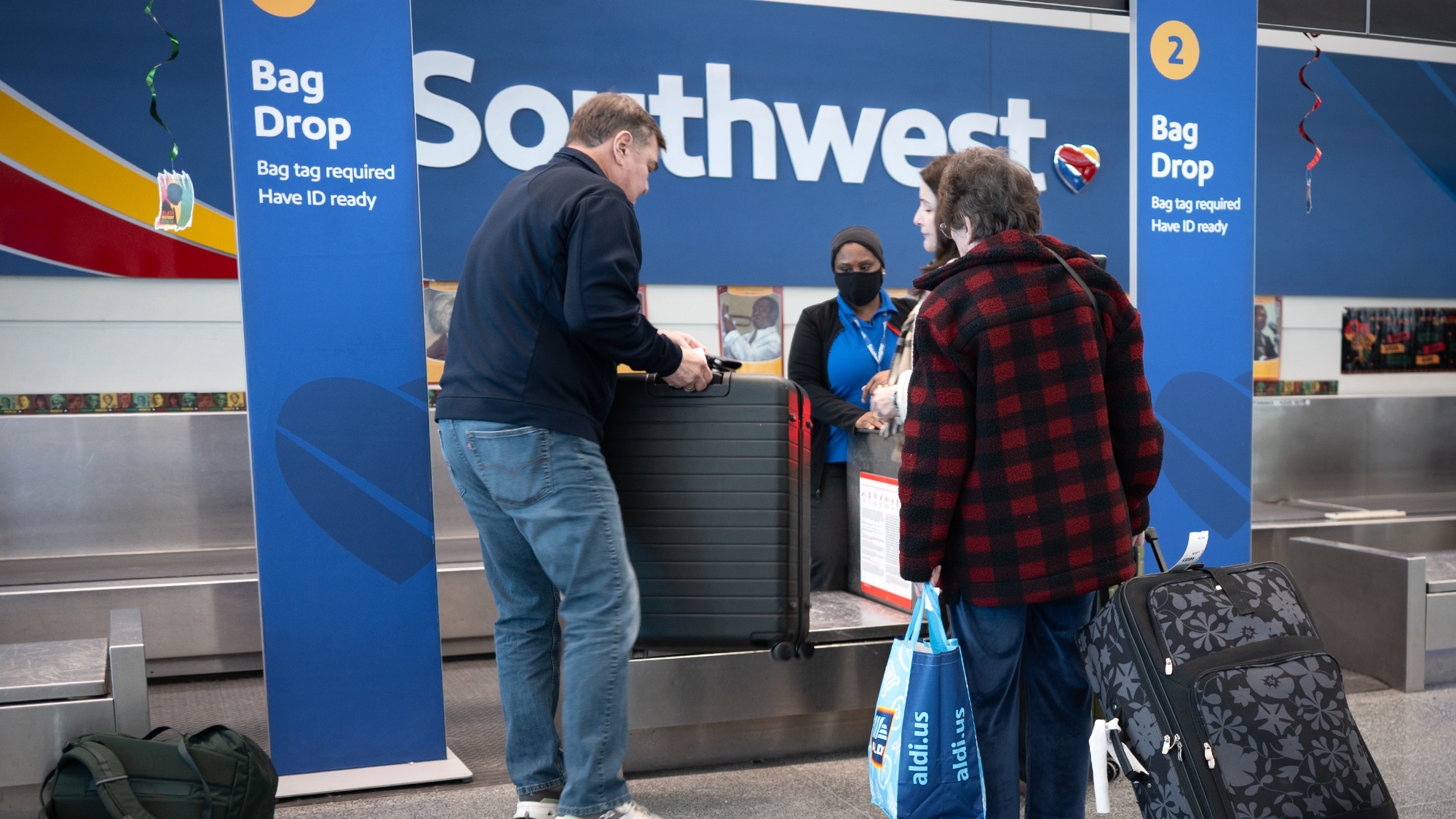 Southwest joins rival airlines on paid baggage
Southwest joins rival airlines on paid baggageSpeed Read The company is ending its longtime free-luggage policy
-
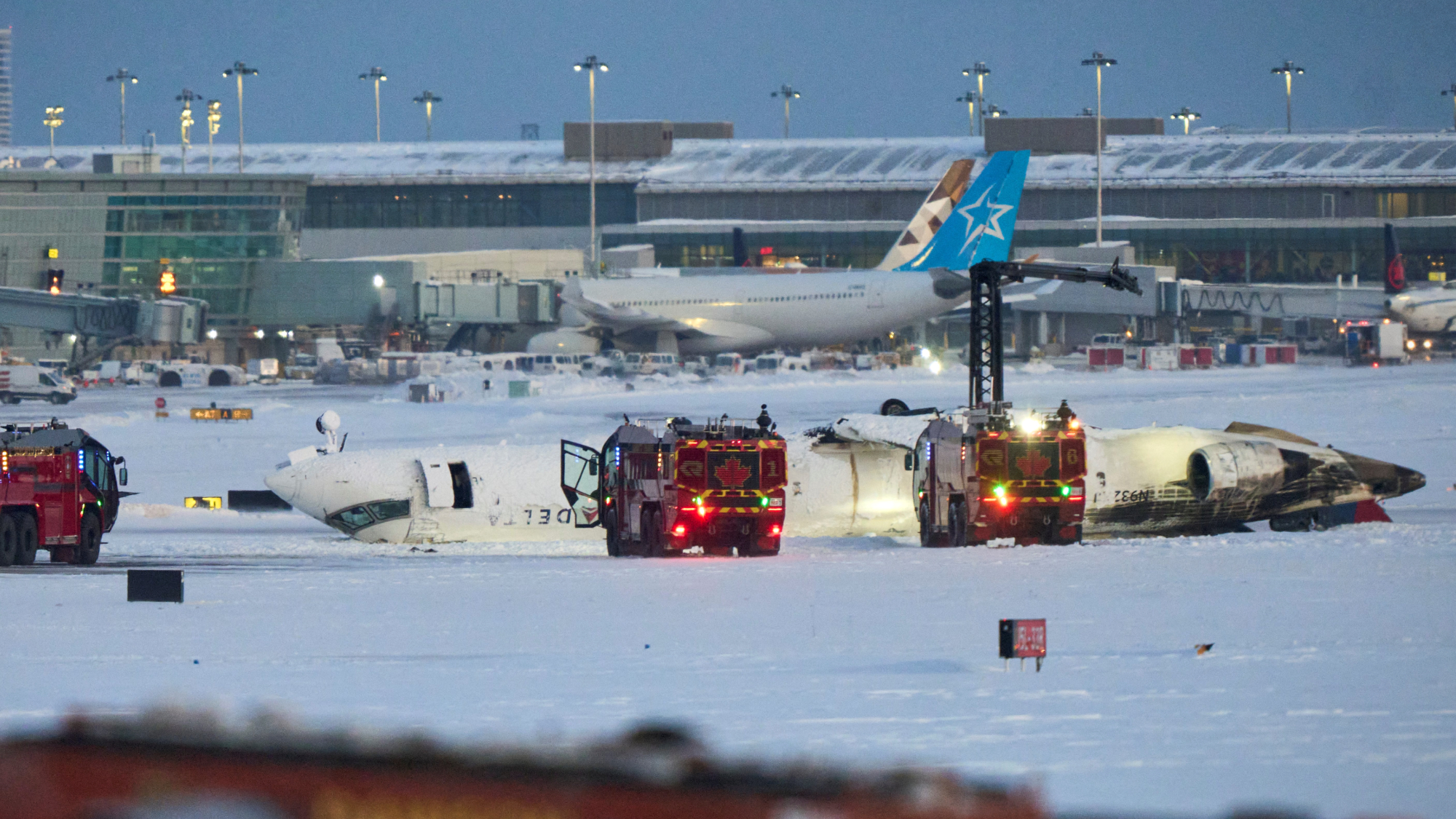 Delta flight lands upside-down in Toronto, no deaths
Delta flight lands upside-down in Toronto, no deathsspeed read At least 18 people were injured in a flight that landed at Toronto's Pearson International Airport
-
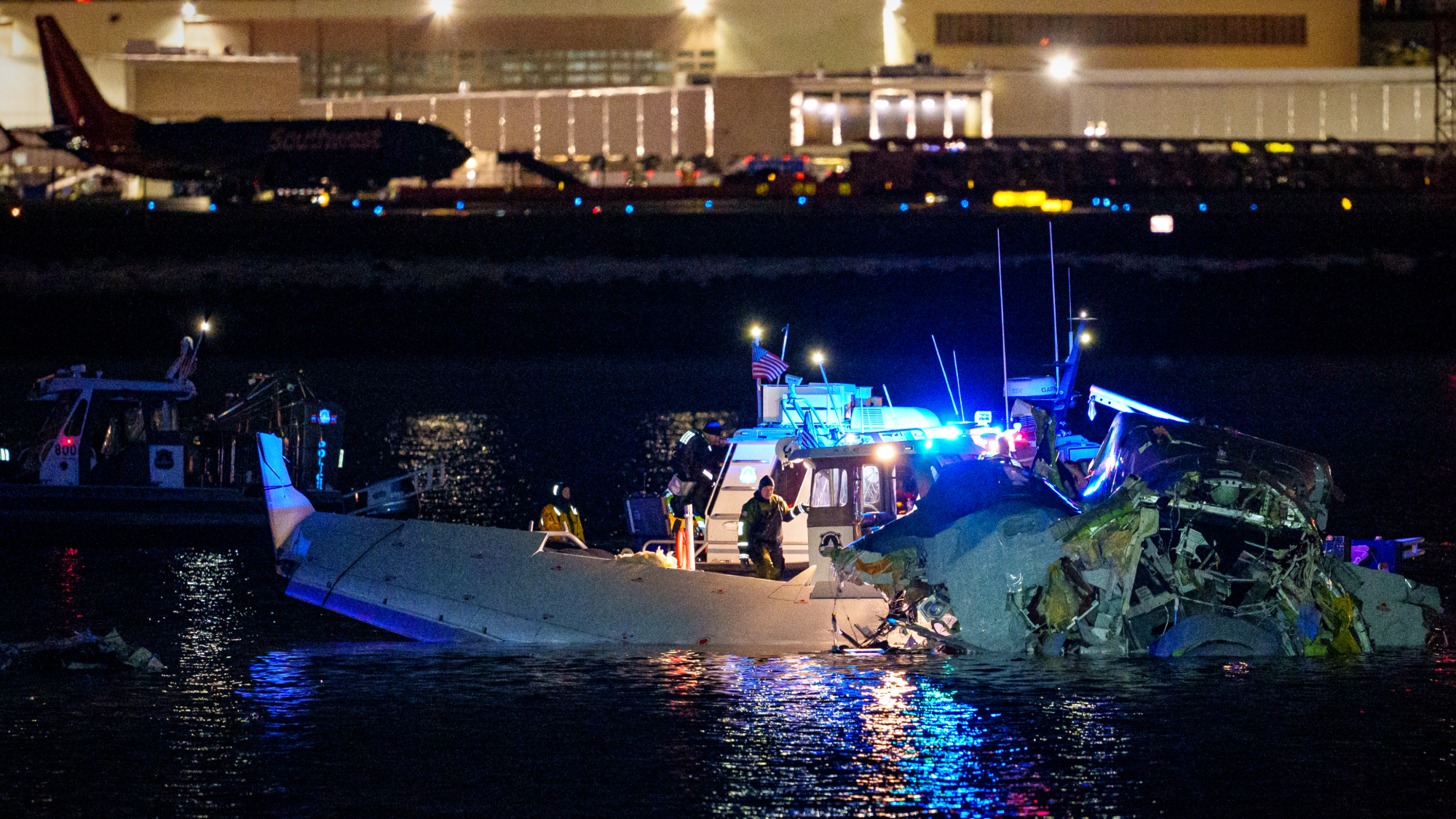 Passenger jet, Blackhawk helicopter collide in DC
Passenger jet, Blackhawk helicopter collide in DCSpeed Read An American Airlines flight with 64 people aboard collided with an Army helicopter, and no survivors have been found
-
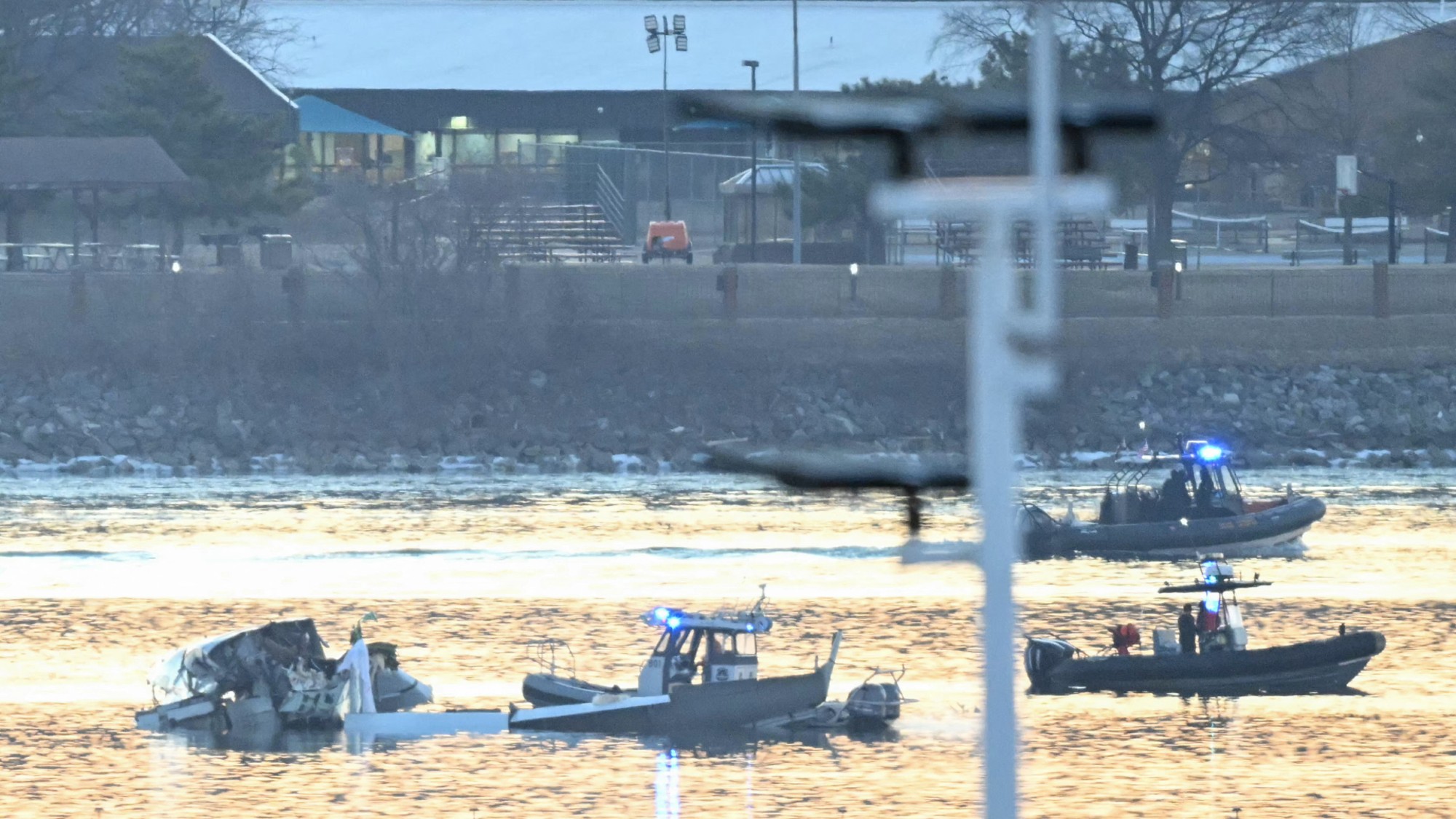 Washington DC plane crash: how did mid-air collision happen?
Washington DC plane crash: how did mid-air collision happen?Today's Big Question Experts struggle to explain how sophisticated airspace control system failed to prevent deadly disaster